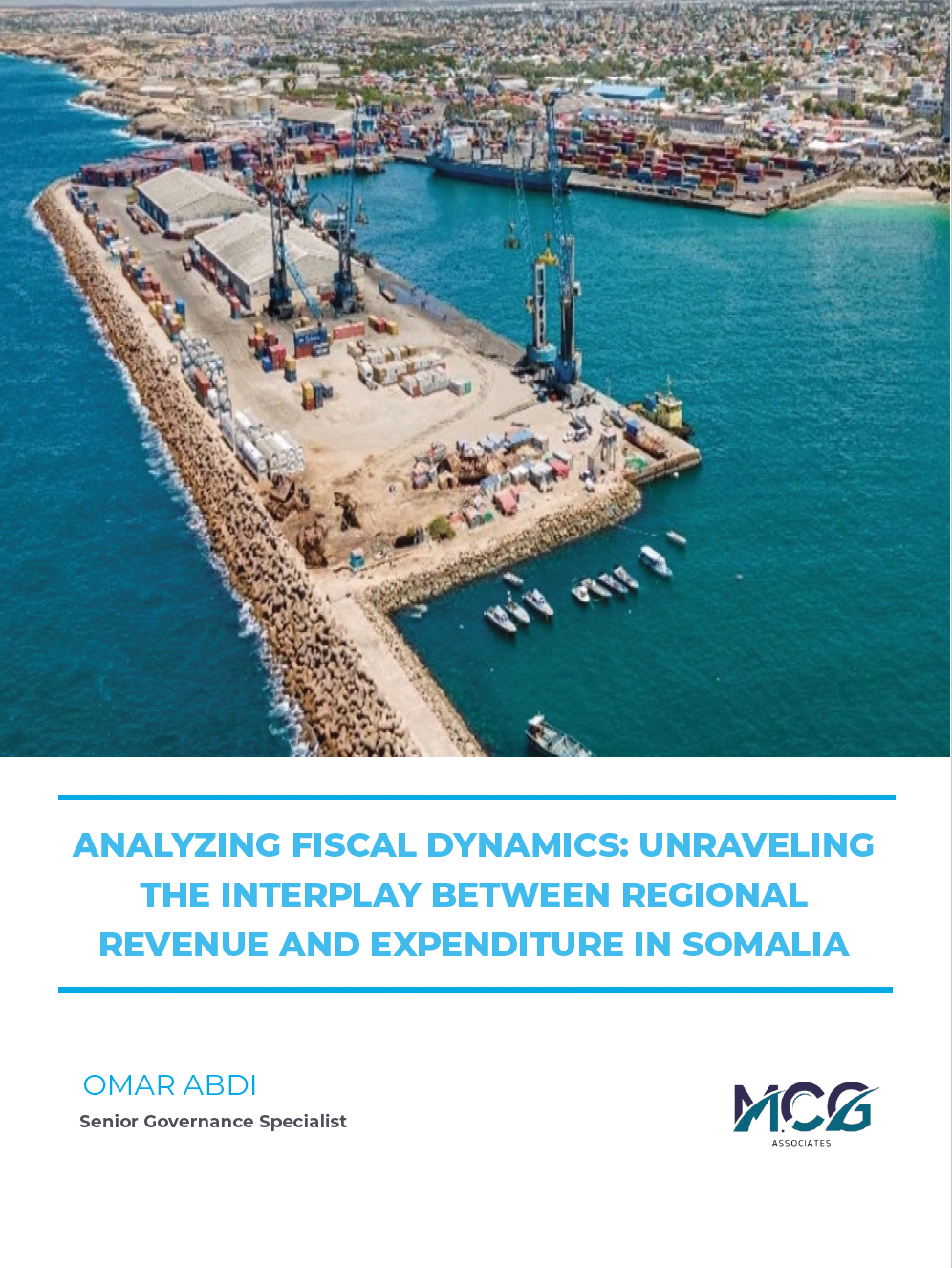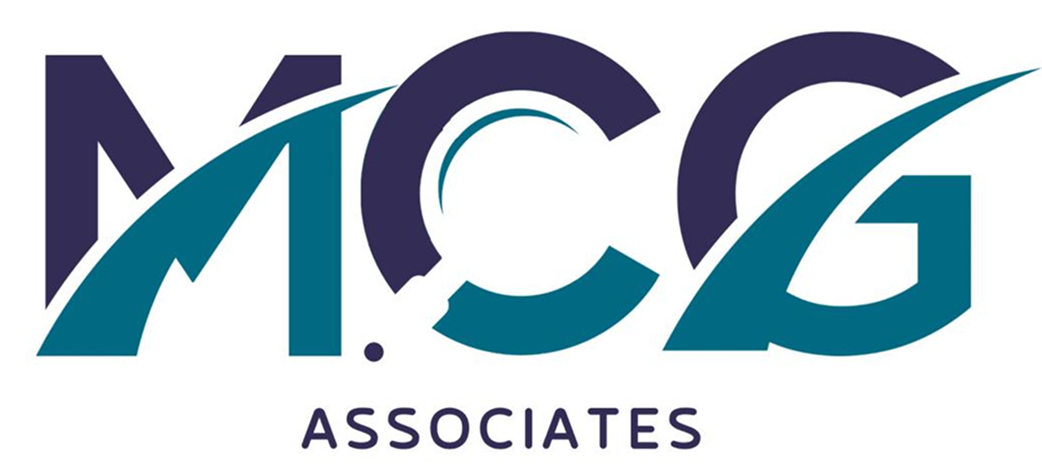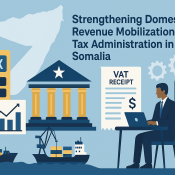
Analyzing Fiscal Dynamics: Unraveling The Interplay Between Regional Revenue and Expenditure in Somalia
The purpose of this study was to conduct a detailed analysis of fiscal decentralization in Somalia. The aim was to examine the relationship between revenue and expenditure in these regions to gain insights into the level of autonomy, synchronization, and dependence on the central government. The methodology involved obtaining data from official sources, including regional governments and statistical agencies in Somalia. Data on spending and revenue from 2012 to 2023 were collected from official sources. The findings revealed a long-run relationship between revenue and expenditure in Puntland, Somaliland, and Southwest of Somalia, indicating the lasting impact of revenue changes on expenditure decisions. However, Jubaland exhibited a different fiscal dynamic with no long-run relationship.
The direction of causality varied across regions, with revenue Granger causing expenditure in Puntland and Southwest Somalia. In Somaliland, a bidirectional relationship was observed. No significant causality relationship was found in Jubaland. Based on these findings, policy implications for fiscal management and decentralization in Somalia include effective revenue forecasting and expenditure planning, enhancing revenue generation through efficient tax collection and economic growth promotion, and implementing effective expenditure management practices such as budget prioritization, expenditure efficiency, and transparency. Tailoring fiscal policies to the unique characteristics and needs of each region can further promote balanced regional development and greater fiscal autonomy.


